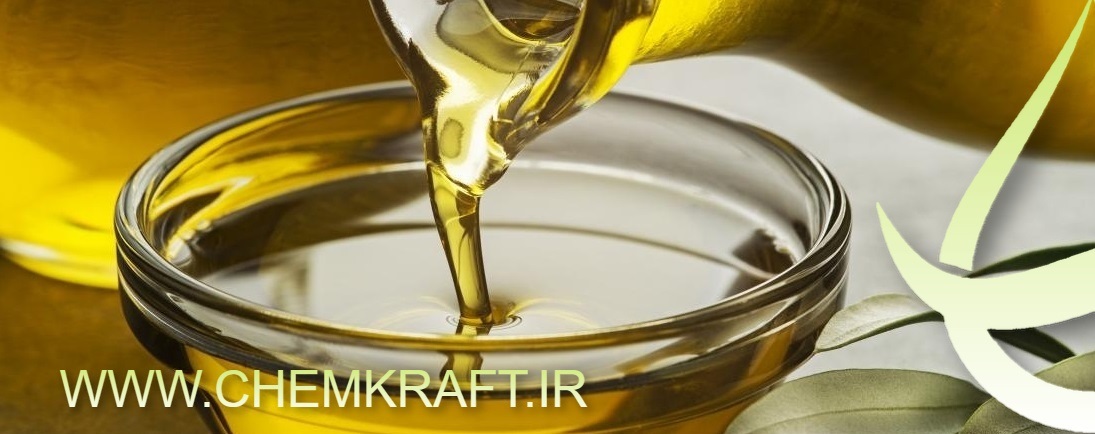Caustic soda, also known as sodium hydroxide, is a highly versatile chemical with various applications in various industries. One of the significant applications of caustic soda is in the vegetable oil industry. This essay will explore how caustic soda is used in vegetable oils, the benefits it offers, and the precautions that need to be taken when using it.
Process of refining
One primary application of caustic soda in vegetable oils is in the process of refining. Vegetable oils naturally contain impurities such as free fatty acids, pigments, and other contaminants. Caustic soda is used to neutralize these impurities, improving the quality of the oil. The alkaline nature of caustic soda allows it to react with the acidic components in the oil, resulting in the formation of soaps, which can be easily separated from the oil.
Process of saponification
Furthermore, caustic soda is essential in the process of saponification, which is the conversion of vegetable oils into soap. When caustic soda is combined with vegetable oils, it leads to a chemical reaction that produces soap and glycerol. This is an important process in the soap manufacturing industry, as it allows the production of various types of soaps using different vegetable oils.
Increasing the stability
Additionally, caustic soda helps increase the stability and shelf life of vegetable oils. The presence of acid components in the oil can lead to oxidation and rancidity, which affect the quality and taste of the oil. By neutralizing these acidic components, caustic soda prevents rancidity and extends the shelf life of the oil. This is particularly beneficial for food manufacturers who rely on vegetable oils as a primary ingredient in their products.
Adjusting the pH
Moreover, caustic soda is used to adjust the pH levels in vegetable oils. Different vegetable oils have varying pH levels, and caustic soda can be employed to achieve the desired pH range for specific applications. This is particularly useful in the cosmetic industry, where pH levels need to be carefully controlled in products such as creams and lotions.
However, it is crucial to handle caustic soda with caution due to its highly corrosive nature. Direct contact with the skin or eyes can cause severe burns, and inhalation of caustic soda fumes can be harmful to the respiratory system. Therefore, proper protective gear, such as gloves and goggles, should be used when handling caustic soda, and it should be stored in a cool, dry place away from flammable materials.
In conclusion, caustic soda plays a vital role in the vegetable oil industry, particularly in the processes of refining, saponification, and pH adjustment. It helps improve the quality and stability of vegetable oils, making them suitable for various applications. However, caution must be exercised when handling caustic soda due to its corrosive nature. By following proper safety protocols, the benefits of caustic soda in vegetable oils can be harnessed effectively and safely.










